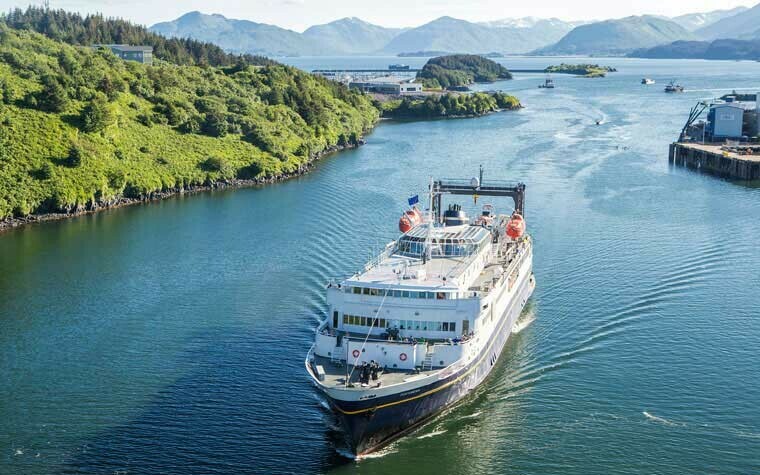Early this year, the U.S. Department of Transportation's Federal Transit Administration (FTA) unveiled $384 million in federal funding to modernize ferry services and accelerate the transition to zero-emission transportation across the U.S.
“With these grants, we are improving and expanding ferry service in the communities that rely on waterways the most — often in more rural, remote regions — connecting people to jobs, services, and city centers while cutting climate pollution,” U.S. Transportation Secretary Pete Buttigieg said at the time the funding was announced.
The funding encompasses 23 grants distributed across 11 states and the U.S. Virgin Islands, with the primary objective of enhancing and expanding ferry service in communities that heavily rely on waterways.
The grants will support a range of projects, including the replacement of aging vessels, fleet expansions, and the construction of new terminals and docks. Nearly $100 million of the allocated funds will be dedicated to low-and zero-emission ferries, to reduce greenhouse gas emissions within the transportation sector.
The initiative aims to connect residents in rural and remote areas to employment opportunities, services, and urban centers while mitigating climate pollution.
Projects include Alaska's efforts to receive nearly $286 million in funding, to be used for building passenger ferries to replace or modernize older vessels and execute essential dock upgrades. These grants will enhance the Alaska Marine Highway System (AMHS), a crucial transportation network covering 3,500 miles and serving 35 communities many situated in remote areas.
The Maine Department of Transportation will receive $28 million through the Electric or Low-Emitting Ferry Pilot Program to construct a hybrid-electric vessel. This more environmentally sustainable ferry will service the island of Islesboro, an upper Penobscot Bay community heavily reliant on passenger service.




